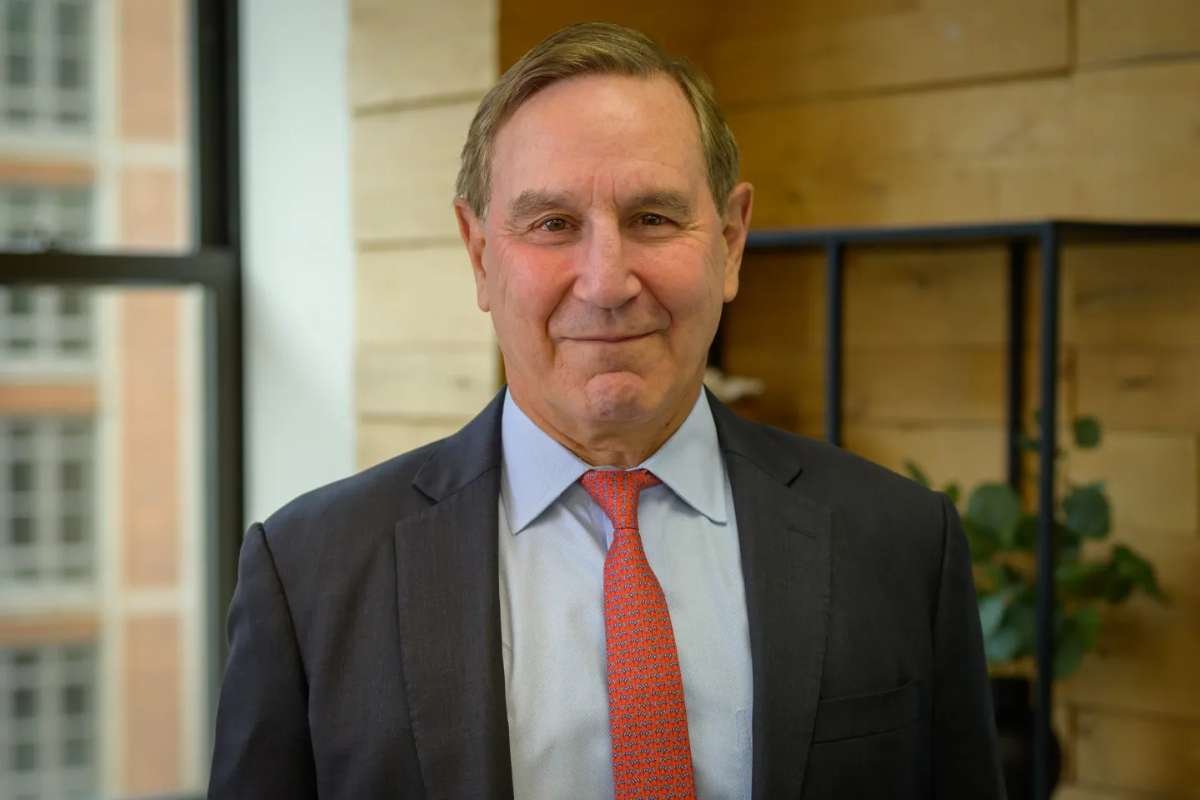Waning Trust in Institutions Fuels Discontent
The 2025 Edelman Trust Barometer reveals a profound Global Trust Crisis, showing erosion of trust in governments, business leaders, and media worldwide. Among 18-34-year-olds, there’s increasing endorsement of violence and disinformation to incite change. This annual global survey, which polled over 32,000 people across 28 countries, highlights a growing shift from polarization to what researchers term “aggressive advocacy for self-interest.”
The findings suggest widespread disillusionment, with many respondents voting for populist leaders over the past year and expressing a belief that capitalism and current systems fail to serve them. Two-thirds of participants reported feeling discriminated against, marking a sharp 10% increase from the previous year. Notably, this sense of grievance saw its largest rise among white Americans, jumping 14 percentage points to 48%.
Distrust cuts across age groups, political affiliations, and economic statuses, with 69% of left-leaning respondents and 57% of those on the right reporting moderate to high grievances. The trend is not confined to youth; 66% of those aged 55 and older echoed similar sentiments. Alarmingly, two-thirds of respondents believe that journalists, government officials, and CEOs intentionally mislead the public, leaving many unable to discern reliable news from disinformation.
Economic Anxiety Amplifies Divisions
Economic insecurity emerged as a dominant theme in the Global Trust Crisis study, amplifying frustrations among respondents. Sixty-two percent fear losing jobs due to artificial intelligence and globalization, while concerns over inflation and income inequality persist. Trust disparities between income groups have widened, with those in the lowest quartile expressing significantly less confidence in institutions compared to their wealthier counterparts.
The future looks bleak for many, with only one-third of respondents believing that the next generation will fare better economically. Optimism was particularly low in France (9%) and Germany (14%). According to Edelman CEO Richard Edelman, this growing pessimism is fueling nationalism and skepticism toward scientific advancements and industries.
Edelman noted Gen Z’s alarming attitudes, with 31% of respondents in this age group justifying violence as a means of effecting change. Over half (55%) of 18-34-year-olds support the use of violence, property damage, or disinformation to achieve political or social goals, while a growing majority view capitalism as a system that does more harm than good.
Calls for Restoring Optimism and Trust
Edelman emphasized the urgent need to address these systemic grievances and rebuild public trust. “The most pressing need is to restore economic optimism,” he wrote in a recent Fortune op-ed. “Our research tells us that when people see solutions, they’re more hopeful and willing to sacrifice for the greater good. When trust is earned, optimism grows.”
The report’s findings will be the subject of a global virtual launch event on January 21, 2025, from Davos. Edelman will join Fortune Editor-in-Chief Alyson Shontell and industry leaders, including Microsoft President Brad Smith, Suntory Holdings CEO Takeshi Niinami, and Heineken CEO Dolf van den Brink, to discuss the implications of the study.
As the world grapples with a Global Trust Crisis, the challenge lies in fostering hope and ensuring that institutions earn back the confidence of those they serve.








